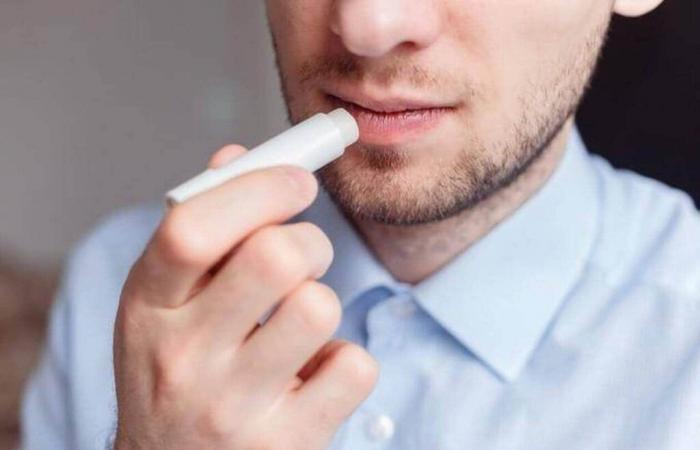
Wednesday November 20, 2024
This is one of the inconveniences that comes back every year with the cold: chapped lips. Lip balm then seems to be the perfect solution. But is it really effective? This is “the not-so-stupid question” that was asked the evening edition in his daily podcast meeting.
In winter, you always have one on hand, lying in a coat pocket, in case of dry lips. In a jar or stick, with honey, shea butter, or beeswax… In supermarkets, hundreds of different brands tout the benefits of their lip balms. But are they really effective against chapping? Not all!
We answer you in the podcast below:
We often hear that lip balms cause dryness by constantly applying them. This is just a myth, according to Melissa Piliang, a dermatologist at the Cleveland Clinic in the United States. In fact, it depends on their composition. Certain ingredients can indeed make this product completely counterproductive.
Drying ingredients
This is the case of phenol, menthol or salicylic acid, which dry out the lips, as Dr Piliang explains. You will therefore apply more, and enter a vicious circle. Other ingredients that make it ineffective: artificial fragrances and colors. They contain chemicals that irritate the skin.
Read also: Lip balm, a new weapon to limit the spread of Covid-19?
And then, certain substances are downright toxic in too large quantities, such as mineral oils and synthetic hydrocarbons, warns the consumer association UFC Que Choisir. Prohibited in food, they are also ingested by applying them to the lips. The association has also set up a comparison of lip balms to help you find your way between all these toxic derivatives.
Well, once we have put aside ineffective or harmful balms, how do we choose the right lip care? To understand it, you need to know why we have chapped lips.
What is a good lip balm?
The skin of the lips is thin and retains little moisture, because it lacks hair follicles or sebaceous glands. That is to say hair and sebum, unlike the rest of the body. It is therefore particularly sensitive to changes in temperature, the sun and even certain spicy foods.
Faced with these characteristics, several ingredients are to be favored. First, humectant products, which keep lips moist and prevent future chapping. For example, castor oil or glycerin. Be careful, saliva does not help moisten the lips, on the contrary.
Also listen: Before the arrival of the latex condom, our ancestors did not lack imagination to protect themselves!
Then, moisturizing and emollient ingredients (that is to say, which soften the skin), such as shea butter or honey. Finally, to repair lips, nothing better than vegetable oils. Ceramide and dimethicone are also recommended by the American Academy of Dermatology. Final criterion: sun protection, to combat the drying effects of UV rays, but also prevent sunburn or skin cancer.
You will have understood, the number 1 reflex when buying a lip balm is to look at the list of ingredients. To avoid embarrassment when kissing under the mistletoe next New Year.





